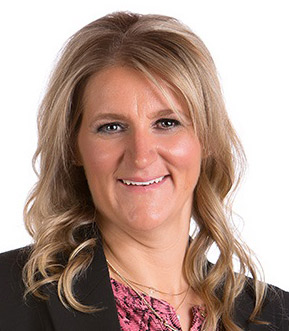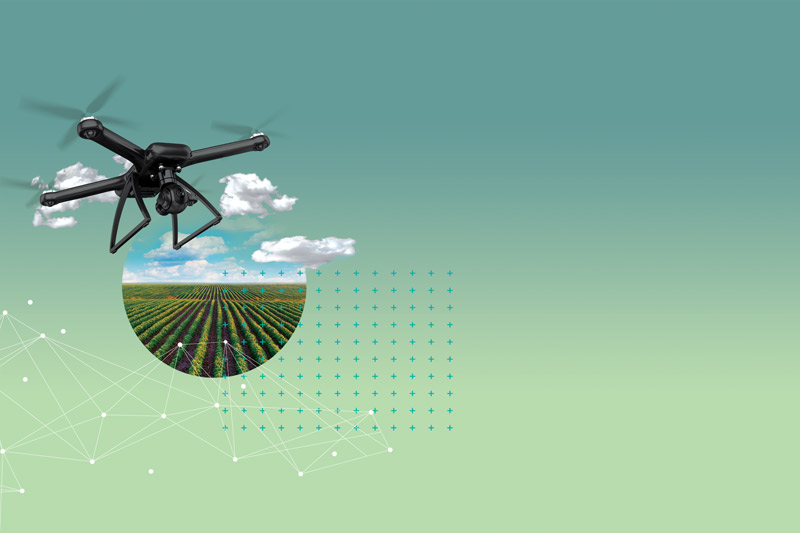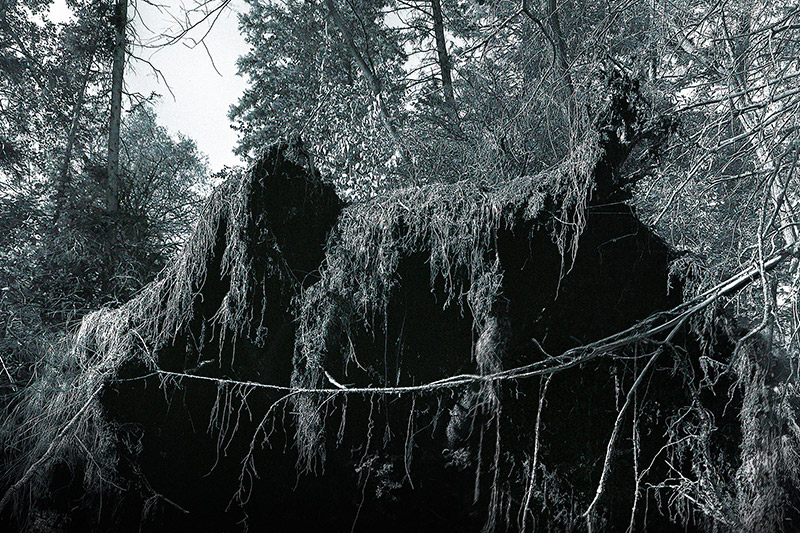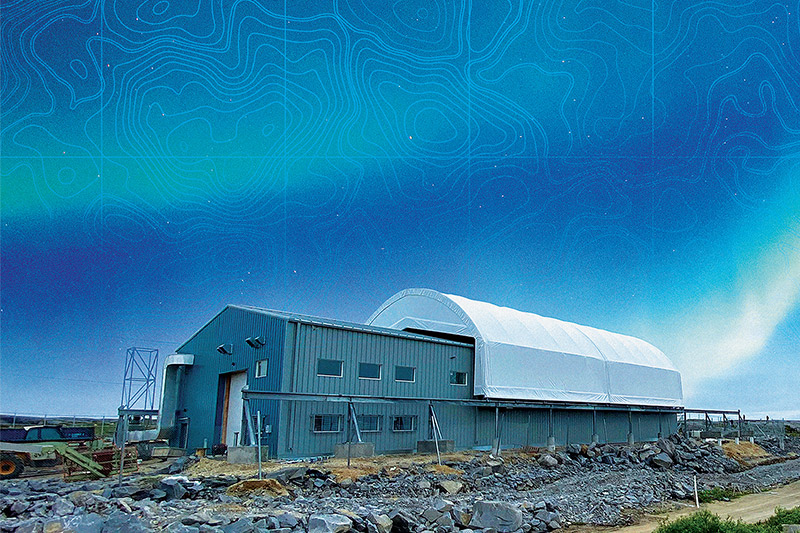
Hockey parents who yell at referees
Hockey referees are quitting in the province (Sport Manitoba, 2019) and, when asked, referees often state that spectator abuse is a reason for quitting. To this end, Sport Manitoba created a campaign aimed at bringing awareness to declining numbers of officials, with the use of #noref-nogame as a tag on social media accounts. While their campaign wasn’t aimed only at hockey referees or those sports where officials were quitting, the campaign served to illustrate that without officials, sport has a problem.

Julie Brodeur, MA in Kinesiology and Recreation Management
Throughout my own exposure to youth sport, I noticed different behaviours from different parents in the stands. These behaviours piqued my curiosity into why some parents behave in an exemplary way in relation to their children’s sport, while others fulfilled the stereotypical role of the parent who goes berserk at their children’s sport. I wanted to understand why some parents may come to behave in ways that would be detrimental to organized sport.
This led me to begin examining the role of passion in parents of youth athletes, specifically youth hockey players in Canada. I chose this population for a few reasons; my familiarity with the sport and the prevalence of hockey in Canada. My advisor, Dr. Ben Schellenberg studies passion in sports fans and hockey parents could be considered the ultimate sports fans.
Passion, as defined through the work of Robert Vallerand, arises from an activity that a person finds enjoyable or even loves, invests time, effort and energy into, identifies with and values. Vallerand’s work in passion identifies different types of passion. One type—obsessive passion—often involves maladaptive outcomes and has been linked to poor fan behaviour in some studies. It is thought that obsessive passion emerges from unbalanced needs in people’s lives. My research aims to look at if the role of a persons’ basic psychological needs and whether those needs are fulfilled in general, or only through an activity, can be a cause of passion. In other words, if someone feels autonomy, relatedness, and competence in general they may tend to be more harmoniously passionate in being a hockey parent. Alternatively, if someone does not have their basic psychological needs met in general, but only in being a hockey parent, the thought is that this person may be higher in obsessive passion.
I am seeking to learn if parents of youth hockey players experience passion for the activity of being a hockey parent and if they do, do those parents who are higher in obsessive passion tend to show more verbal aggression toward officials?
I am seeking to learn if parents of youth hockey players experience passion for the activity of being a hockey parent and if they do, do those parents who are higher in obsessive passion tend to show more verbal aggression toward officials? The final piece of the puzzle comes from where passion arises. My research asks parents to report their needs, obsessive passion and spectating behaviour to test the possibility of needs, obsessive passion and yelling at referees all being correlated.
I hope to be able to fill that research gap of where passion arises, as well as to gain more insight into parental behaviours in youth sport. This will help us create better sporting environments for players, parents, coaches and officials.
Visit the Faculty of Kinesiology and Recreation Management on our website
ResearchLIFE
ResearchLIFE highlights the quest for knowledge that artists, engineers, scholars, scientists and students at UM explore every day.
Learn more about ResearchLIFE











